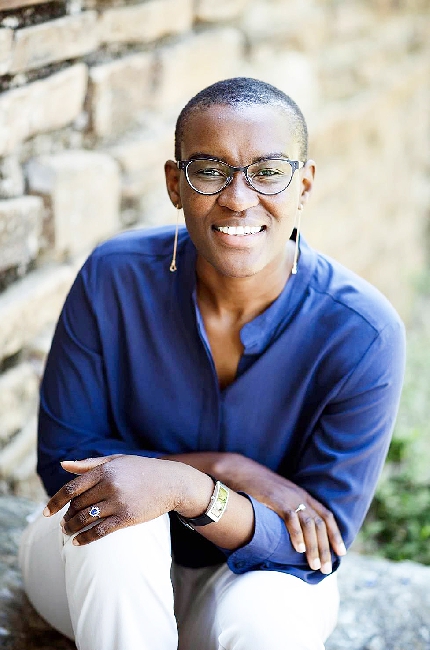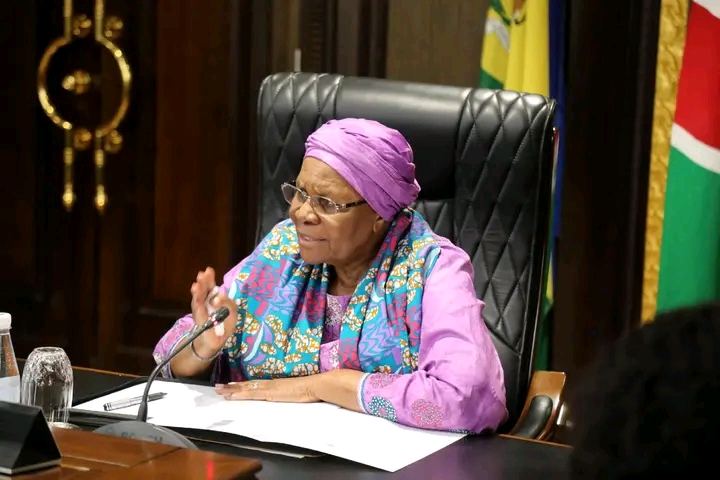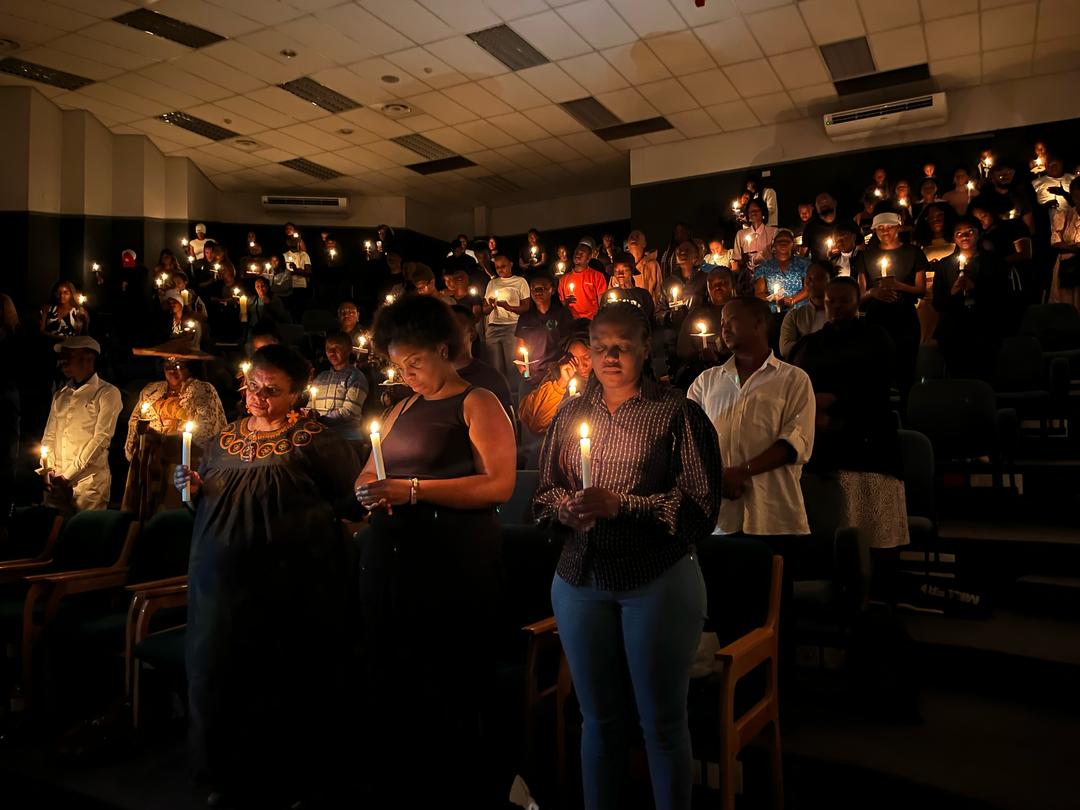HE world has long moved from a time when branding was reserved exclusively for products and services. Today, branding can be incorporated to encompass personal branding which can be a powerful tool to sell your skills to the world. In fashion, branding may be one of the key essentials to making a success of your business.
Your personal brand is just as important as your product brand, even more so today with the influence of social media which can be used to engage with consumers who want to know more about the person behind their favourite fashion brand, what makes them tick or how their personal style translates to their product.
“Consider Anna Wintour or Karl Lagerfeld. Their personal brands are inextricably connected to those of the companies they work for. When people buy a Chanel Lego bag, they’re buying into Lagerfeld’s kooky, high-fashion lifestyle almost as much as the brand itself,” writes Hayley Phelan on the fashion website fashionista.com in 2013.
Three years later and that statement still bears a perfect reflection on the state of fashion. Think Diane von Fürstenberg, Viviene Westwood.
So what does it take to build a successful brand? Kalistu Mukoroli from the Fashion Council of Namibia says that re-branding is the most important element of any brand’s success. “Re-branding means staying relevant to whatever is out there, finding out if your brand is reaching everyone it’s supposed to reach and if not, figuring out how to make sure it does.” He says that it’s all about constantly challenging yourself. “Compete against yourself and not others. Sit down and ask yourself ‘how do I better what I have already done?’ That way you can always do better than what you already have.”
For Ally Angula, the brains behind Namibia’s single most successful retail brand My Republik, it’s your branding that ultimately determines the longevity of your brand. “Some people launch clothing lines that don’t last past the first line.” The biggest challenges in establishing and sustaining a strong brand, she says, range from lack of skills as well as production skills. “Our challenges were and remain finding local skills with regard to design as well as product development in terms of management skills and production facilities.”
Kalistu adds that in the Namibian fashion industry, more could be done in terms of understanding the power of branding. “Namibians are really trying but we are not there yet. People like Gazza have gone and rebranded themselves but some only focus on making money. In fashion, there are people like Leah Misika who has been rebranding herself to be more than just a fashion designer.”
Kalistu Mukoroli says it’s all about creativity. “Even big fashion houses understand this.”
Ally Angula says collaborate as much as you can. “A lot of people start a brand but don’t want to ask for help to get to where they want to go. If you’re really struggling, you should be able to reach out.” She also adds that one should not be afraid of collaborating as it can add value and expertise to what you offer. “Fashion is a very individual thing. What you like and want won’t always be the same for someone else,” she says, while advising that collaborations should not be avoided for fear of losing one’s ideas to someone else.
Your brand should be unique to you and only you. Following trends and copying what others do is something that consumers won’t respect you for.
Don’t just rely on marketing to sell your product, make sure you back it up with good skill to ensure you give your clients a superior product that’s unique to you.
Use as many platforms to sell your brand as possible. For fashion, photo apps like Instagram, Tumblr and various other blogging sites are perfect to express yourself and keep your followers posted on what you’ve been up to.
Ensure longevity for your brand by ensuring you have a personal rapport with your target audience.
Stay informed with The Namibian – your source for credible journalism. Get in-depth reporting and opinions for
only N$85 a month. Invest in journalism, invest in democracy –
Subscribe Now!










